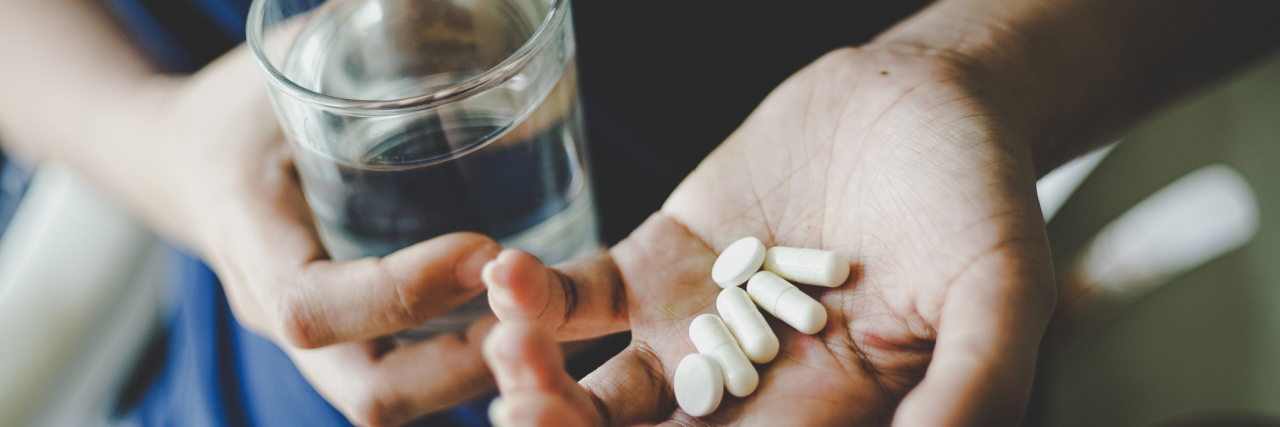When you start a new medication, there’s a lot you need to make sure you understand: What dosage to take, when to take it and any side effects to watch out for. Another factor that can be easy to forget, but equally important is to find out, is if there are any foods you should refrain from eating while taking the medication. Common food-drug interactions most people are familiar with are alcohol, grapefruit juice, high-potassium foods, caffeine and dairy. But we wanted to highlight some of the more surprising foods that can be dangerous when consumed with medication.
Keep in mind that some foods can be dangerous in large quantities but not in smaller portions (i.e., there is a difference between taking a supplement of a particular ingredient and using it to season your food), and not everyone reacts to drugs the same, so be sure to talk with your doctor before changing up your diet.
1. Cinnamon
Some studies have shown that cinnamon supplements may help lower blood sugar. If you are taking diabetes medication that also lowers blood sugar, talk with your doctor before adding a cinnamon supplement to your treatment.
2. Black Licorice
A compound in black licorice, glycyrrhizin, causes the kidneys to excrete potassium, which can make the heart beat too fast or out of sync. People taking digoxin to control an irregular heartbeat are advised to limit the amount of black licorice they eat in one sitting.
3. Activated Charcoal
Yes, this is actually an edible ingredient — you can find activated charcoal as an ingredient in trendy soft-serve ice cream and juice shops. Charcoal works as a black food dye and is also used to eliminate toxins in the body, which means it can also absorb medications you’re taking and make them less effective.
4. Garlic
When taken as a supplement, garlic can break down medications including some HIV/AIDS medications, birth control pills that contain estrogen and the immunosuppressive cyclosporine, making them less effective. Garlic supplements may also slow blood clotting, so taking them with medications like warfarin, which slows blood clotting, may increase their effectiveness and lead to increased bruising and bleeding.
5. Grilled/Charbroiled Meat
Carbon compounds formed when meat is grilled can prevent theophylline, used to treat asthma, from working (though one study found considerable variability among how individuals responded to it).
6. Orange and Apple Juice
You may know that taking medication with grapefruit juice can reduce absorption of the medication into the bloodstream. But other fruit juices, like orange and apple juice, can also inhibit how your body processes medications. Grapefruit juice inhibits the intestinal enzyme CYP3A that metabolizes medicines, while orange and apple juice inhibit OATPs, compounds that move some medications to the tissues and cells. Drugs that may be affected include the blood pressure drug Tekturna, antihistamine Allegra, and the beta blocker Tenormin.
7. Tropical Fish
Foods with histamine can cause headache, sweating and palpitations in people taking Isoniazid, an antimycobacterial used to treat infections like tuberculosis. Some foods to avoid that contain histamine include skipjack tuna and other tropical fish.
8. Pineapple
Pineapples contain the enzyme bromelain, which, when taken in large quantities, could increase the absorption of tetracycline antibiotics and amoxicillin. Bromelain may also slow blood clotting, and may increase bruising and bleeding when consumed with medications that slow blood clotting like heparin, warfarin, aspirin and ibuprofen.
Getty photo by 4421010037

